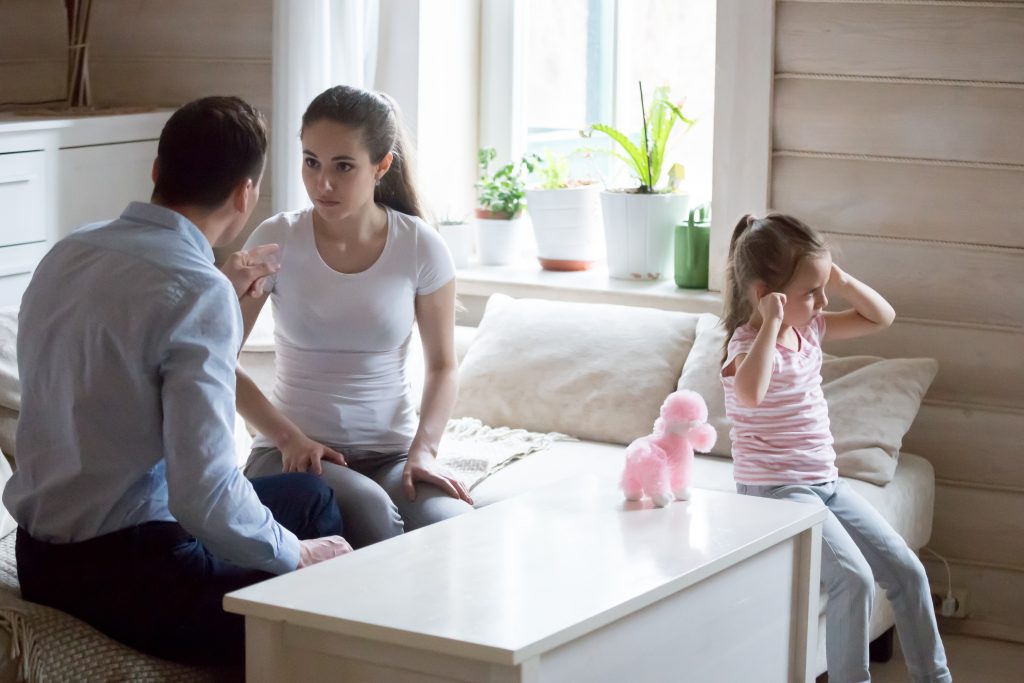
How to Change the Course of Your Life
And it’s really not that hard Do you find yourself replaying the same painful scenarios in your relationships, feeling powerless to change the outcome? Are
You are welcome to share Dr. Gloria Lee’s article:

Were you abused in childhood and don’t even know it? Most of us are aware of physical abuse, sexual abuse, and even verbal abuse. But the most “neglected” type of abuse is emotional neglect. It is defined as a relationship pattern in which a child’s emotional needs are consistently ignored, dismissed, invalidated, or put down by a caregiver.
Here are some questions to help discern if you have experienced childhood emotional neglect.
If you said yes to any of the above, you may be a victim of childhood emotional neglect and don’t even know it.
Unfortunately, the impact of emotional neglect negatively influences your adult attachment style, especially in romantic relationships. Here are some common consequences:
Because you never learned or experienced emotional intimacy growing up, or you were outright dismissed for having feelings, you struggle with attuning to and regulating them today. The natural fallout is the difficulty with understanding your partner and knowing how to meet their emotional needs, which often causes them to become angry and feel abandoned in the relationship.
The relationship eventually falls apart, and you don’t know what you’ve done wrong. Or perhaps you think it’s your partner’s fault, that they’re too critical and they complain too much (i.e., they’re too much, too demanding, and too needy).
If this sounds like you, here’s what you can do to change the pattern:
By practicing this every time, you will sever the cycle of emotional neglect. Basically, you are doing the opposite of what your caregivers did to you. Over time, you will feel more comfortable with your emotions and your partner’s. Moreover, you will save your relationship and not perpetuate this abuse into the next generation.
Be kind to yourself and know that you are a victim too, which means it’s not your fault. You’ve simply learned to cope this way.
But as an adult, you now have a choice. Instead of unconsciously harming yourself and others who you love and perpetuating this harm done to you, be courageous and do the right (but harder) thing. Work on your past attachment wounds in your current relationship, so you can create a healthier and happier future.

And it’s really not that hard Do you find yourself replaying the same painful scenarios in your relationships, feeling powerless to change the outcome? Are

And empower your relationship today Do you ever ruminate about conversations that you had with someone and wish you said things differently that would have

And step into a new you Does it feel like you’re constantly overlooked and undervalued in your relationships, whether with friends, family, or romantic partners?

To improve your life! Our friendships comprise some of the most important relationships in our lives, sometimes even beyond marital bonds and family ties. I
© Dr. Gloria Lee 2024